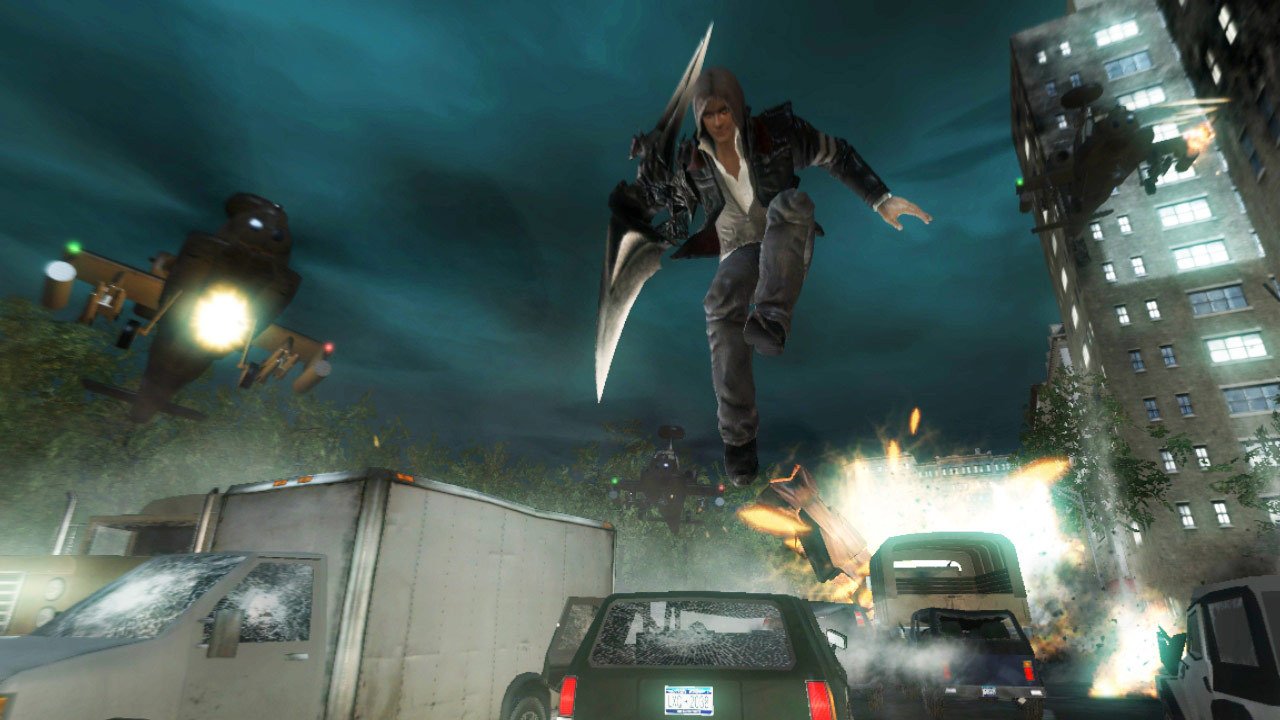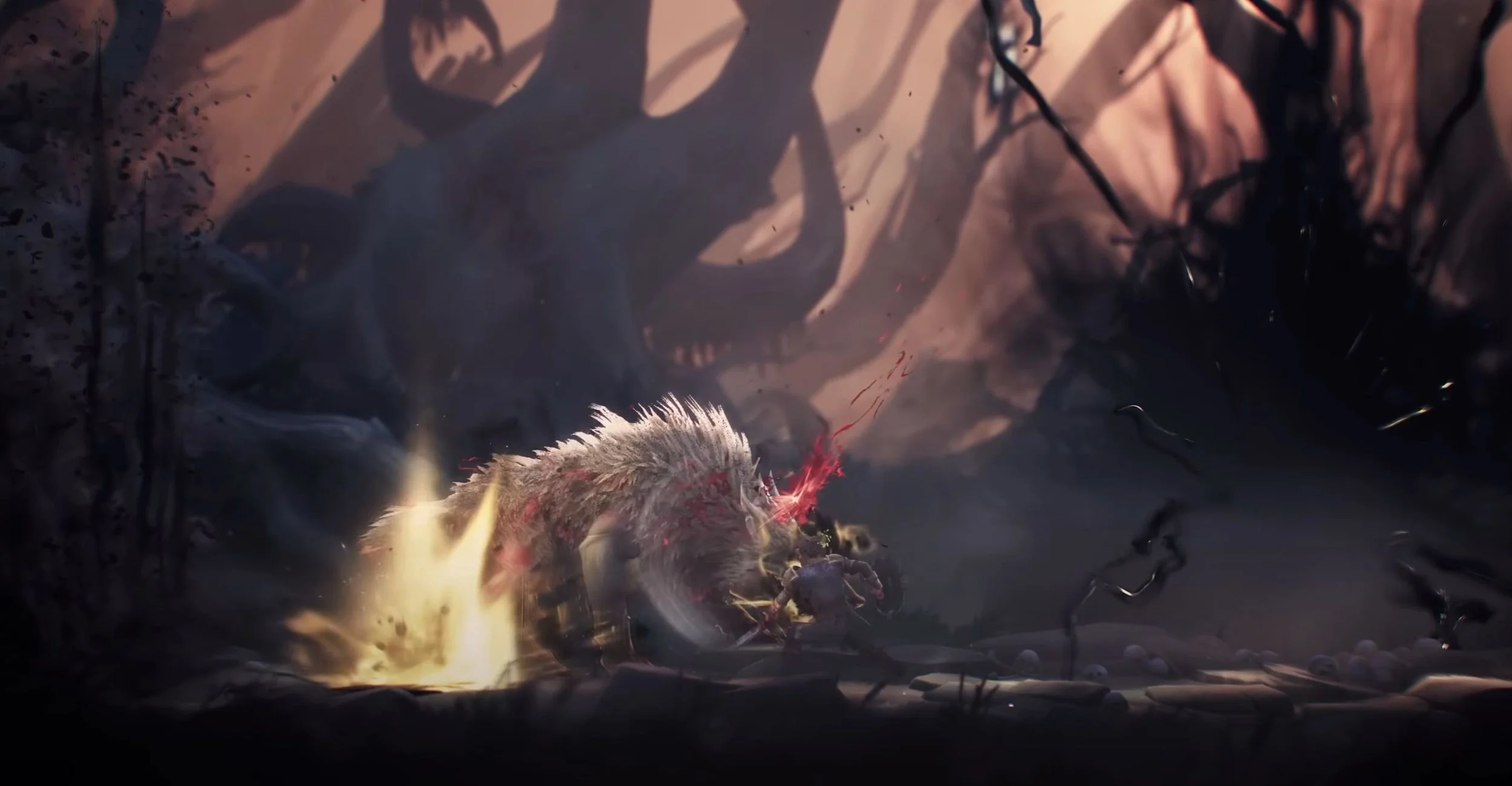The video game industry is the wild west, plain and simple. There are rarely any industry standards and when faced with the question, “What makes a video game a video game,” no one gives a straight answer. As time goes on and AAA, AA, and Indie studios pop up, that distinction between what defines a game and makes it great is further blurred. When it’s all melted down, the game must be engaging. The best way to engage players and humans in general, is a story. It was a story and character that saved the industry back when Mario was created, giving the masses someone to care about instead of thousands of games based on gameplay alone and filled with pixelated blocks.
Don’t get me wrong, gameplay is important too. It is what separates a game story from films or literature. It needs to be present for a game to be a game, but a great game requires gameplay and story to work harmoniously. This idea of balance between story and gameplay, while obvious, seems to be lost in the industry in many avenues. Some studios have stories but leave gameplay as filler, others focus on gameplay, but sacrifice the quality of the game by throwing in a half-baked story idea. It’s time to make video games video games again.
Too Much Story
The story has been one of the innate characteristics of humanity since our inception. It lives in every aspect of our society, and that includes games. We love stories and even though someone might not like video games, they enjoy consuming stories in a different medium. The art of storytelling is crucial in video games and makes up one-half of the winning formula of a great game. However, this element is oversaturated in many games.
Look at games like The Order: 1886, the Mass Effect series, and a few cutscene-heavy Hideo Kojima titles. I personally enjoy all these titles, but the overt focus on the story negatively affects the gameplay. A good game balances gameplay and story in a way where both stand on their own, elevate each other, and reflect the theme of what the game is about. The Order: 1886 is basically a movie with gameplay as filler to get to more story, Mass Effect’s combat gameplay has no thematic connection with the story and vice versa, and Kojima’s heavy reliance on cutscenes is self-explanatory.
The point of a video game is to be exactly that. Too many game studios try their hardest to make films or TV shows. We don’t see the Marvel Cinematic Universe (MCU) desperately trying to make their films more like books, and we don’t see comics trying to be like stage plays, so why are AAA titles trying to be anything other than video games?
Too Much Gameplay
On the flip side, we have a problem just as annoying. Gameplay with no meaningful story is a real problem. Now, I’m not suggesting Tetris write a Shakespearean drama. I acknowledge that there are games that rely on gameplay alone and don’t even have a story. Since gameplay is what makes a game a game, it makes sense to have a game with gameplay alone. It’s like an artsy film having nothing but still shots with no real narrative since the cinematography is what defines a film.
The problem I’m talking about is the presence of an obviously neglected narrative-gameplay balance due to an overemphasized self-imposed need for gameplay. This brings about a very real problem we’ve all heard about called ludonarrative dissonance. It’s a buzzword but a real thing, and while it’s not solely an aspect of too much gameplay, as too much story can do this too, it’s overtly apparent in the former.
Take the Grand Theft Auto franchise for example, specifically Grand Theft Auto IV. Niko Belic’s entire character is about avoiding his violent past and starting a new life. Then tell me why you can immediately go on a killing spree right after Niko expresses his need for no violence. I don’t think the franchise should have adopted a toned-down version of its beloved gameplay. I believe the story shouldn’t have existed in the first place. This isn’t the only time it’s happened either. In Grand Theft Auto V you have Trevor and Michael, too uber violent men with the story-based tendency to go on a rampage. Then you have Franklin, literally just a regular guy trying to become rich who, in gameplay, goes postal at the player’s whim.
Other games have also failed at a proper balance like the Tomb Raider reboot. Lara Croft has this emotional moment where she kills for the first time and then jumps right to slaughter countless people with automatic weapons. I guess I’m supposed to assume she got over murder that quickly?.
The Balance
It’s easy to complain, and AAA studios give us many reasons to, but there are also many games that create a game using the beauty of the medium. BioShock, Braid, The Witcher III, Spec Ops: The Line, What Remains of Edith Finch, and Homebody all take video games as what they are, blending the universal element of the story and mixing it with the medium-specific element of gameplay.
Homebody is a story about friends not wanting their friendship to end and the gameplay revolves around the days repeating, like Groundhog Day, to prevent certain death which reflects the theme. The Witcher III is about the reality that humans are just as evil as fictional monsters, and the gameplay symbolizes that with Geralt’s use of a sword for both monsters and men. BioShock is a story about identity, societal pressures, and breaking away from a corrupt and manipulative government. The game capitalizes on this by revealing that the player’s gameplay had no urgency and that every objective was the byproduct of manipulation from “The Man.”
These stories are beautiful! It takes a lot of work to achieve this balance but it’s so worth it. Films take stories and mix them with their medium-specific art of cinematography. Novels take the story and mix it with the medium-specific art of the written word. Anime takes the story and mixes it with the medium-specific art of animation. The best video games follow the same formula. They take the story and mix it with the medium-specific art of gameplay.



















